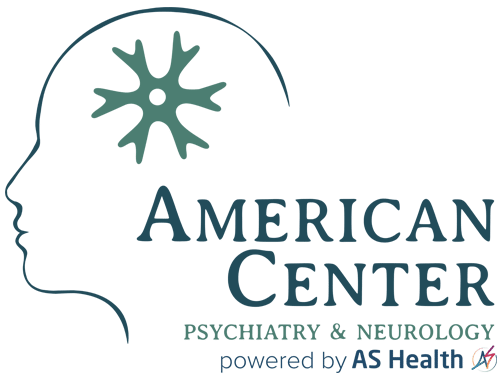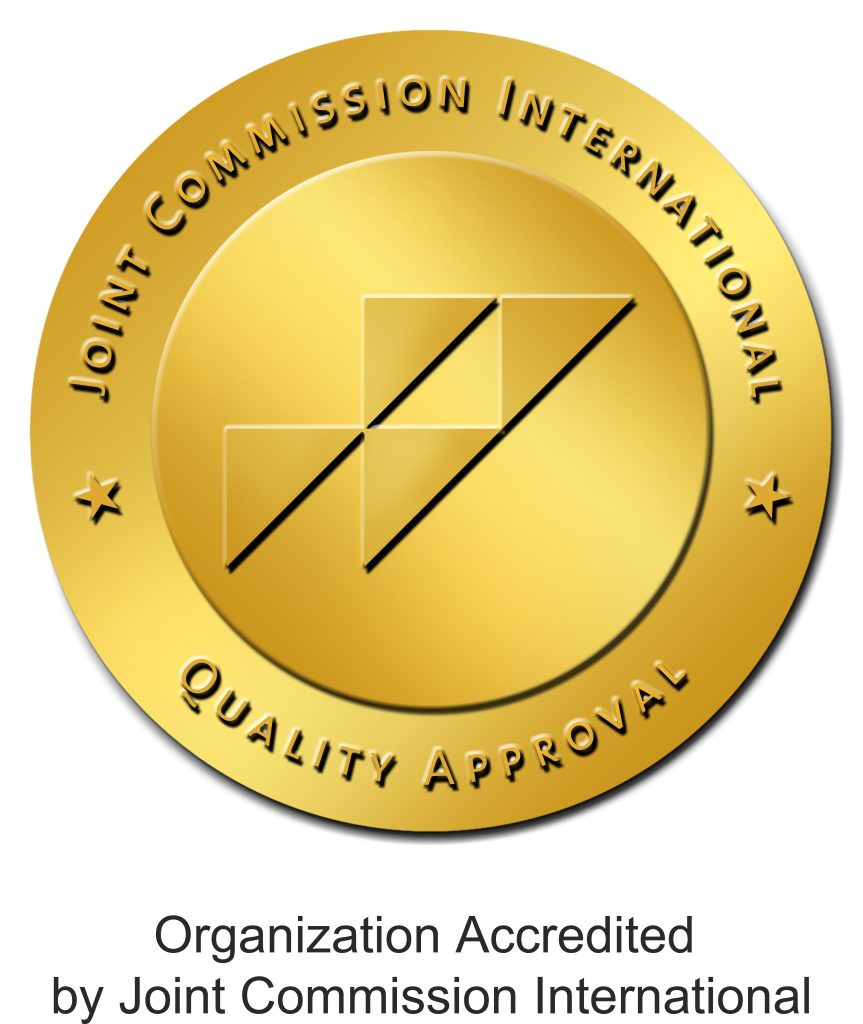Department Info
At the American Center for Psychiatry and Neurology, we provide a wide range of services to children with developmental, psychiatric, and emotional conditions. These services are provided by our team of highly qualified Occupational Therapists, Speech and Language Therapists, Educational Psychologists, Special Educators, and Applied Behavioral Analysis (ABA) Therapists.
Hotline
800 ACPN[2276]
Speech and language therapists assess and treat communication and swallowing difficulties across the lifespan. Our SLTs work directly with clients and caregivers to provide them with individualized support following a treatment plan. Speech and language services improve communication skills of children and adolescents. Speech and communication broadly cover how we speak, what we understand, what we say, and how we interact with others. Speech and Language pathology also includes other skills such as literacy, reading comprehension, and auditory processing.
Using the latest methods and research, we design evaluations and therapy sessions to meet the individual needs of each child and family. Our Speech and Language Department offers services at the center, at schools and nurseries, and teletherapy for supporting the transition and generalization of learned skills.
Services Offered
Screening
A brief review to assess a child or adolescent’s speech, receptive and expressive language, voice and fluency skills to determine the need for further evaluation and intervention. Screenings can be done on site at the client’s school, preschool, or daycare facility.
Comprehensive Speech and Language Evaluations
An in-depth assessment of a child or adolescent’s speech, receptive and expressive language skills, voice, and fluency skills.
Speech and Language Intervention
Individualized attention with a focus on play-based therapy, family involvement, education for children, literacy skills and auditory processing for school-aged children and adolescents.
Treatment offered for
Speech Disorders
- Childhood Apraxia of Speech
- Dysarthria
- Orofacial Myofunctional Disorders
- Speech Sound Disorders: Articulation and Phonological Processes
- Stuttering
- Voice
Language Disorders
- Preschool Language Disorders
- Language-Based Learning Disabilities (Reading, Spelling, and Writing)
- Selective Mutism
Medical and Developmental Conditions
- Attention-Deficit/Hyperactivity Disorder
- Autism (Autism Spectrum Disorders)
- Cleft Lip and Palate
- Traumatic Brain Injury
Genetic Syndromes and Language Disorders
- Down’s Syndrome – This syndrome often causes an individual to have speech, language, and cognitive difficulties.
- Fragile X – This syndrome often presents with speech and language delay, learning difficulties
- Velocardiofacial Syndrome – Children with this syndrome may display speech and language delay, specific learning difficulty and sometimes a cleft palate.
- Angelman Syndrome – This syndrome will usually present with speech and language delay, learning difficulties.
- Autism Spectrum Disorder – There is now more evidence that this disorder sometimes has a genetic link, and associated communication difficulties.
Occupational Therapy (OT) promotes independence and quality of life by teaching necessary skills to perform daily tasks such as accessing the school curriculum (e.g., handwriting skills, time management, and organization, interacting/playing with peers), engaging in self-care tasks, self-regulation, behavior management and becoming more independent in their day-to-day activities.
Our Occupational Therapy department performs clinic based and school-based interventions in collaboration with families, and educators providing high quality, evidence-based practice.
Services Offered
- Comprehensive Evaluations
- Individualized treatment planning
- Evaluate and conduct appropriate functional screenings.
- Design exercise rehabilitation programs
- Cognitive retraining
- Sensory integration
- Suggesting accommodations for classroom management
- Sensory diet
- Assistive technology
- Assess and train in the use of daily living equipment
- Neurological rehabilitation
- Splinting (static and dynamic)
- Fine motor development
Treatment Offered for
- Sensory Processing Disorder
- Developmental Delay
- Down’s Syndrome
- Autism
- Learning Disabilities
- Attention Deficit Hyperactivity Disorder (ADHD)
- Hand Injury and Burn Injury
- Dyslexia and Dysgraphia
Physiotherapy
Get the best physiotherapy services in Abu Dhabi at ACPN. We offer our clients a friendly, supportive atmosphere where they can get the results they want. Whether they are young or old, men or women, active and athletic, or recovering from an injury, our team of highly trained and qualified physiotherapists has the knowledge and expertise to put them on a path to recovery. We offer professional physical therapy services for sports injuries, women’s health issues, muscle strains, neck pain, and much more.



